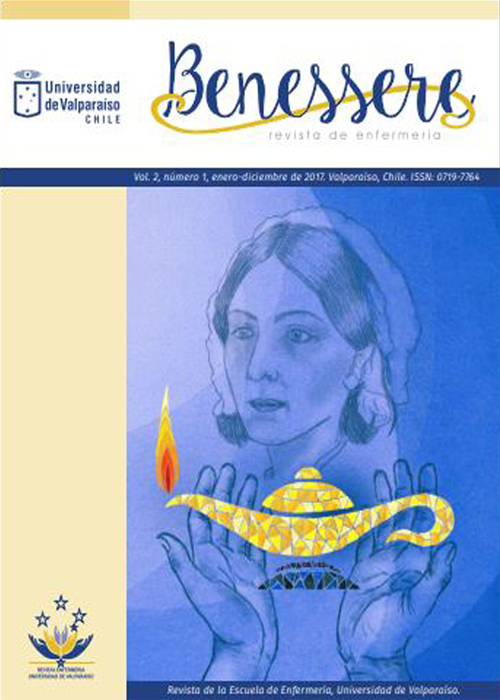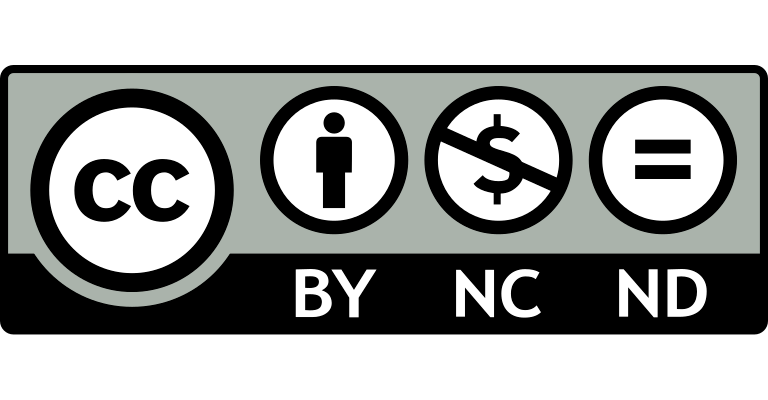Level of self-efficacy in students of a chilean university and its importance for nursing
DOI:
https://doi.org/10.22370/bre.61.2021.2846.Keywords:
Self-efficacy, nursing, health-related behaviors (DeCS, Bireme)Abstract
Self-efficacy, understood as the perception of the ability to achieve objectives, goals or expected results. It, develops throughout life, therefore the greater the trust that is placed in it, less complex to achieve the end goal. Objective: Determine the level of self-efficacy and relate it to the biosodemographic characteristics of students at a Chilean university. Method: Quantitative, cross-sectional, descriptive and correlational study. 350 students from different careers, women and men aged 18 to 30, were surveyed. For the collection of information, an instrument is used which considers a questionnaire developed by the research group that collects sociodemographic history and the General Self-efficacy Scale Bäbler, Schwarzer and Jerusalem (1993), which measures the person's perception of his or her ability to handle different situations stressful. Frequencies, arithmetic mean and standard deviation were used for descriptive analysis. As for the inferential analysis, Student's T was used for the variables of sex and affective relationship, U by Mann Whitney was used for the children variable, and Kruskall Wallis was used for the variables of age, commune, career,
year of discharge and socioeconomic status. Analysis performed with SPSS version 22.0. Results: 33.3% of the students surveyed have a regular level of self-efficacy and 17.82% have a very good level of self-efficacy. Regarding the biosodemographic variables sex, age, commune, living with, year of admission, socioeconomic status, affective relationship and children, it was found that these do not influence the level of perceived self-efficacy. Conclusions: The results
illustrate the need to enhance the development of self-efficacy in the studied group.
Downloads
Downloads
Published
Issue
Section
License
Aquellos autores/as que tengan publicaciones con esta revista, aceptan los términos siguientes:
- Los autores/as conservarán sus derechos de autor y garantizarán a la revista el derecho de primera publicación de su obra, el cuál estará simultáneamente sujeto a la Licencia de reconocimiento de Creative Commons que permite a terceros compartir la obra siempre que se indique su autor y su primera publicación esta revista.
- Los autores/as podrán adoptar otros acuerdos de licencia no exclusiva de distribución de la versión de la obra publicada (p. ej.: depositarla en un archivo telemático institucional o publicarla en un volumen monográfico) siempre que se indique la publicación inicial en esta revista.
- Se permite y recomienda a los autores/as difundir su obra a través de Internet (p. ej.: en archivos telemáticos institucionales o en su página web) antes y durante el proceso de envío, lo cual puede producir intercambios interesantes y aumentar las citas de la obra publicada. (Véase El efecto del acceso abierto).









